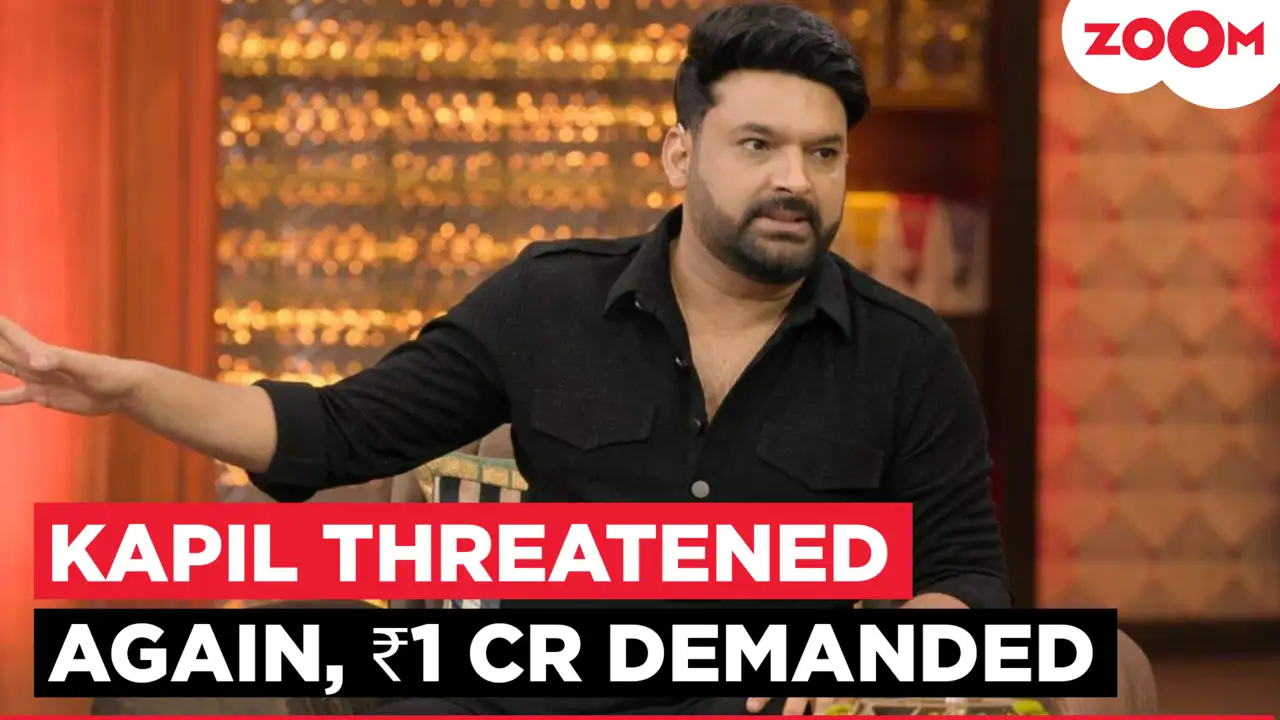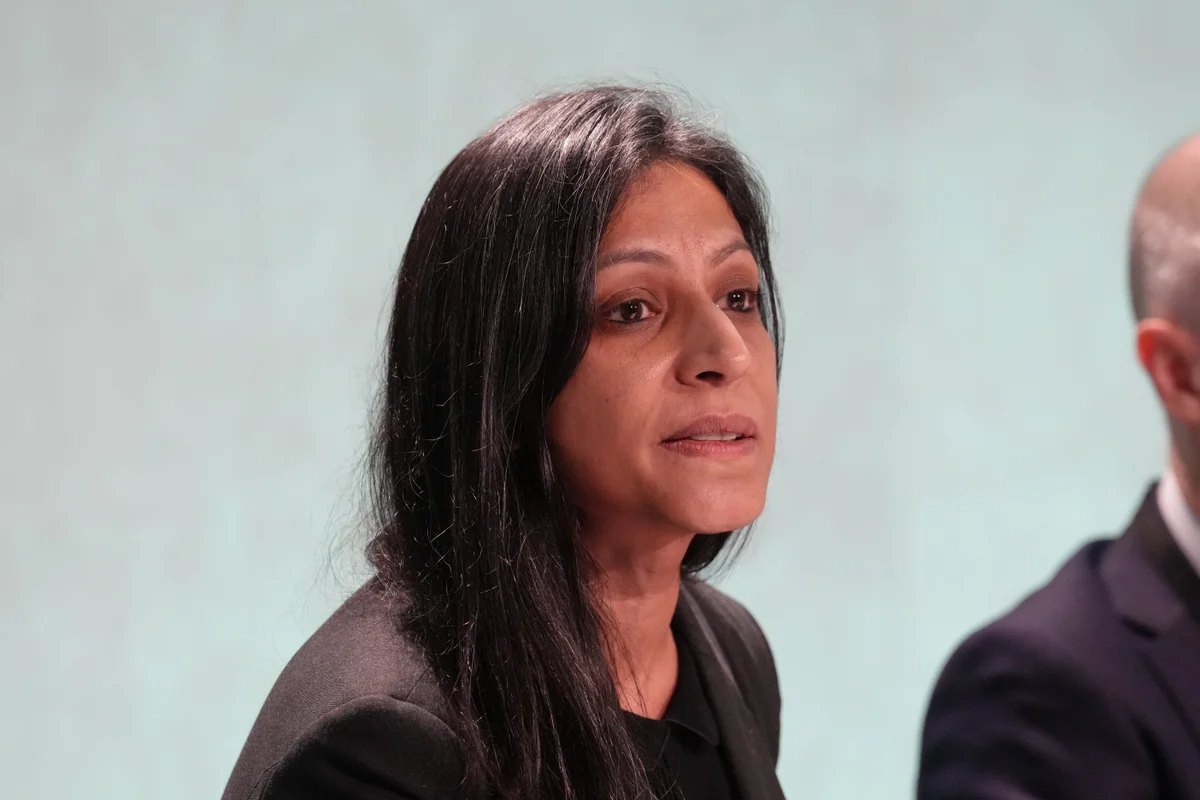Copyright newsday

KRYSZTOF KIEŚLOWSKI’S 1988 masterpiece, A Short Film About Killing, juxtaposes a brutal, senseless murder with the subsequent clinical, detached execution of the murderer. Neither event is pleasing to watch, and that is the film’s simple point: all killing – justified or unjustified, legal or not – is horrific. This does not appear to be a view shared by the current government of TT, which has put killing high up the list of its policy priorities in its first six months in office. Almost as soon as she was elected, Prime Minister Kamla Persad-Bissessar announced it was time for the state to start killing again, recommitting her government to following through on executing prisoners on Death Row. In August, Defence Minister Wayne Sturge memorably framed pending stand-your-ground legislation as a “shoot first, kill first” policy. And most recently, the PM has backed and encouraged the USA’s present enthusiasm for blowing up small boats (and their occupants) in the Caribbean Sea. “Kill them all violently” is the quote that currently defines TT’s foreign policy for many international observers. Policy objectives are driving all of this state-sanctioned death-dealing, though the government does seem reluctant to produce any data to back its apparent belief that a society that kills more people is more peaceable. For what it’s worth, the death penalty has fallen out of fashion around the world because there is very little evidence that it is a deterrent against crime. The American experience of stand-your-ground laws suggests that making it less legally perilous for citizens to kill people under certain circumstances achieves little other than an increase in the number of citizens who try to kill people. And the US government’s assertion that randomly executing alleged narco-traffickers without trial on the high seas is a way to effectively combat the drug trade makes no sense at all. If murder were the way to rid the world of drug and human trafficking, Mexico – routinely logging 30,000, mostly cartel-related, homicides per year – would be crime-free. “Kill them all violently” is exactly what the cartels have been trying to do to each other for decades. Murder as a route to peace isn’t working for the private sector, so it’s unclear why we should believe that government will do a better job with the same policy. At the very least, we could use some targets to help gauge the progress of this alleged anti-trafficking policy. As I write this, the news reports that the US is believed to have blown up nine small boats in the Caribbean Sea and eastern Pacific, killing 37 people, including (we’re told) two TT citizens. Is that good? TT gets through 37 murders in a bad month with no discernible impact on the drug trade. Does the Prime Minister have a view on how many extrajudicial killings at sea add up to a successful anti-drugs policy? A recent Newsday editorial (‘Anarchy’ and the AG – October 22) described Attorney General John Jeremie lamenting TT’s sky-high murder rate and the country’s descent into a near “state of anarchy.” What he didn’t explain was why his government believes that it can cure this disease with bloodletting. It’s a medieval solution, but even our predecessors in the distant past understood that killing was a problematic tool of public policy. Thomas Hobbes believed his mother was panicked into labour by the Spanish Armada. “Fear and I were born twins,” he said, by way of explaining the circumstances of his birth. His mother thought Britain would be overwhelmed by Spain, and that anxiety brought little Thomas into the world. Thomas went on to write one of the most influential texts in political philosophy: Leviathan, around 600 pages in support of absolute monarchy. A simplistic summary of Hobbes’ argument: you surrender your personal liberty to the monarch in exchange for order. The monarch imposes laws, preventing society from lapsing into its natural, unregulated state: an anarchic competition for resources, characterised by constant violence. It’s the philosophical basis for representative government. Swap out a monarchy for a democratically elected parliament, and you’re still dealing with the same principle: individual liberty voluntarily surrendered to a central government in exchange for a stable society. But even Hobbes recognised one exception to the omnipotence of the Leviathan. Since the highest purpose of government was protection, Hobbes concluded the state could legitimately be resisted if it threatened the life of a citizen. State-sanctioned killing undermines the legitimacy of government and sets us on the path to anarchy.



